‘The water is what kills’
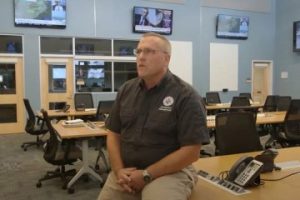
By Shauneen Miranda
Hurricane forum offers advice, warnings on big storms.
With the hurricane season officially underway, Dare County’s hurricane preparedness forum on June 21 offered some crucial advice for dealing with the wrath that Mother Nature sometimes unleashes on the Outer Banks.
- Drew Pearson, director of Dare County Emergency Management, began the in-person and virtual event with a list of several to-dos. He urged individuals to determine their risk. “Everybody lives in a flood zone out here,” Pearson said, while speaking from the Dare County Emergency Operations Center. “You could get wet anywhere in this county.”
- Pearson also encouraged people to develop an evacuation plan and to not rely on any shelter. “The shelter is the last place you want to go,” he said. “The only thing that’s good about a shelter is that it’s safe, and that’s about it.” He also stressed the importance of taking proactive steps, such as gathering supplies, obtaining flood and homeowners insurance, assessing one’s home and neighborhood situation and completing a written hurricane plan.
- In an era of increasing misinformation — often spread on social media — as well as growing distrust of media sources, Pearson advised individuals to “know their trusted sources of information” regarding storm updates and resources. Erik Heden, the National Weather Service’s Warning Coordination Meteorologist for Morehead City, suggested people rely on National Hurricane Center forecasts, which he believes are the most reliable.
- Heden also emphasized the specific impacts of hurricanes, including rainfall flooding, storm surges, rip currents, wind and tornadoes. “The water is what kills,” he said, explaining that water accounts for the majority of deaths from these tropical storms. Rip currents from tropical cyclones or systems also present dangers for beachgoers. Heden cautioned people to stay out of the water during rip currents, even if they might have one day of vacation left, and the weather appears pleasant.
- Heden also talked about the idea that a hurricane’s category status, often the aspect of the storm that attracts the most attention, is not necessarily a clear predictor of its impact. A lower category storm often presents immense dangers, according to Heden. “We had more impacts in our whole area, including Dare County, from a Category 1 storm,” Heden said. “Don’t just focus on the impacts or what the category scale is.”
- He also mentioned some of the silent killers after storms end, including carbon monoxide poisoning, which can come from generators. “Please think about your health and well-being after landfall,” Heden said. “It’s not over until it’s over.”
For more information, visit:




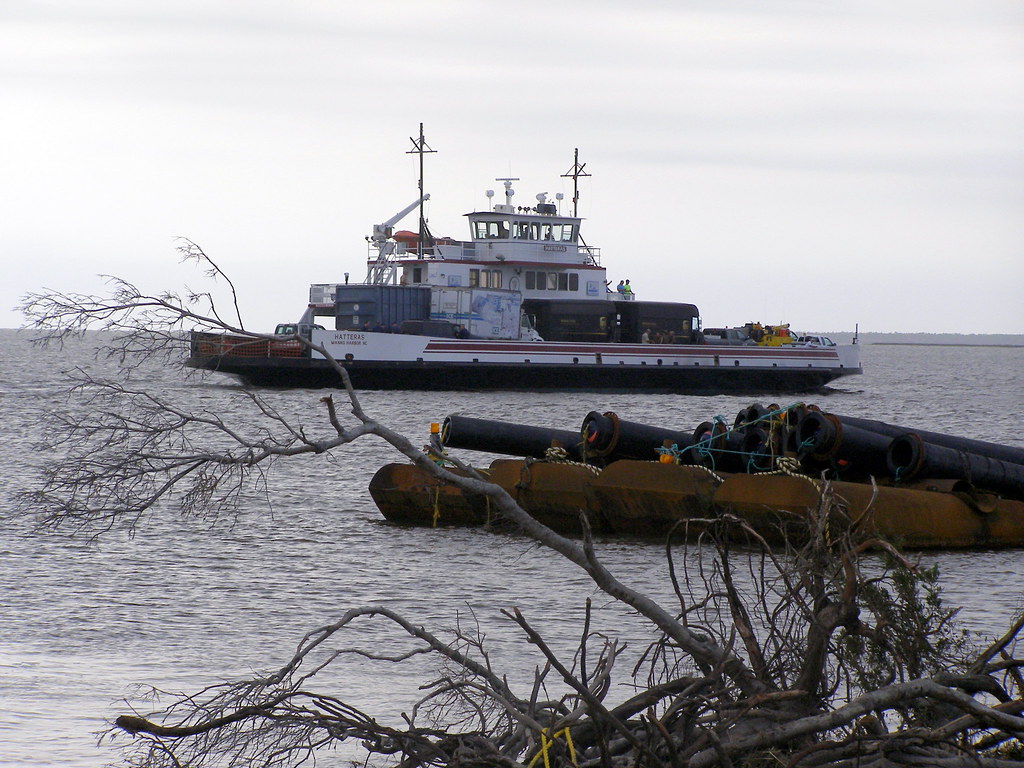
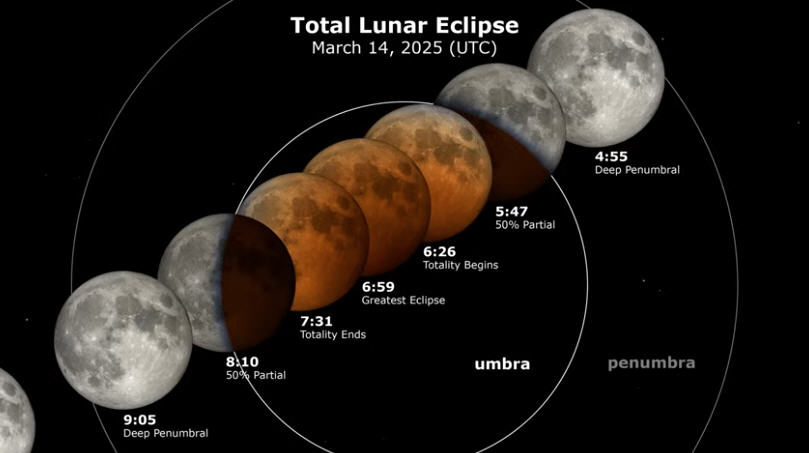
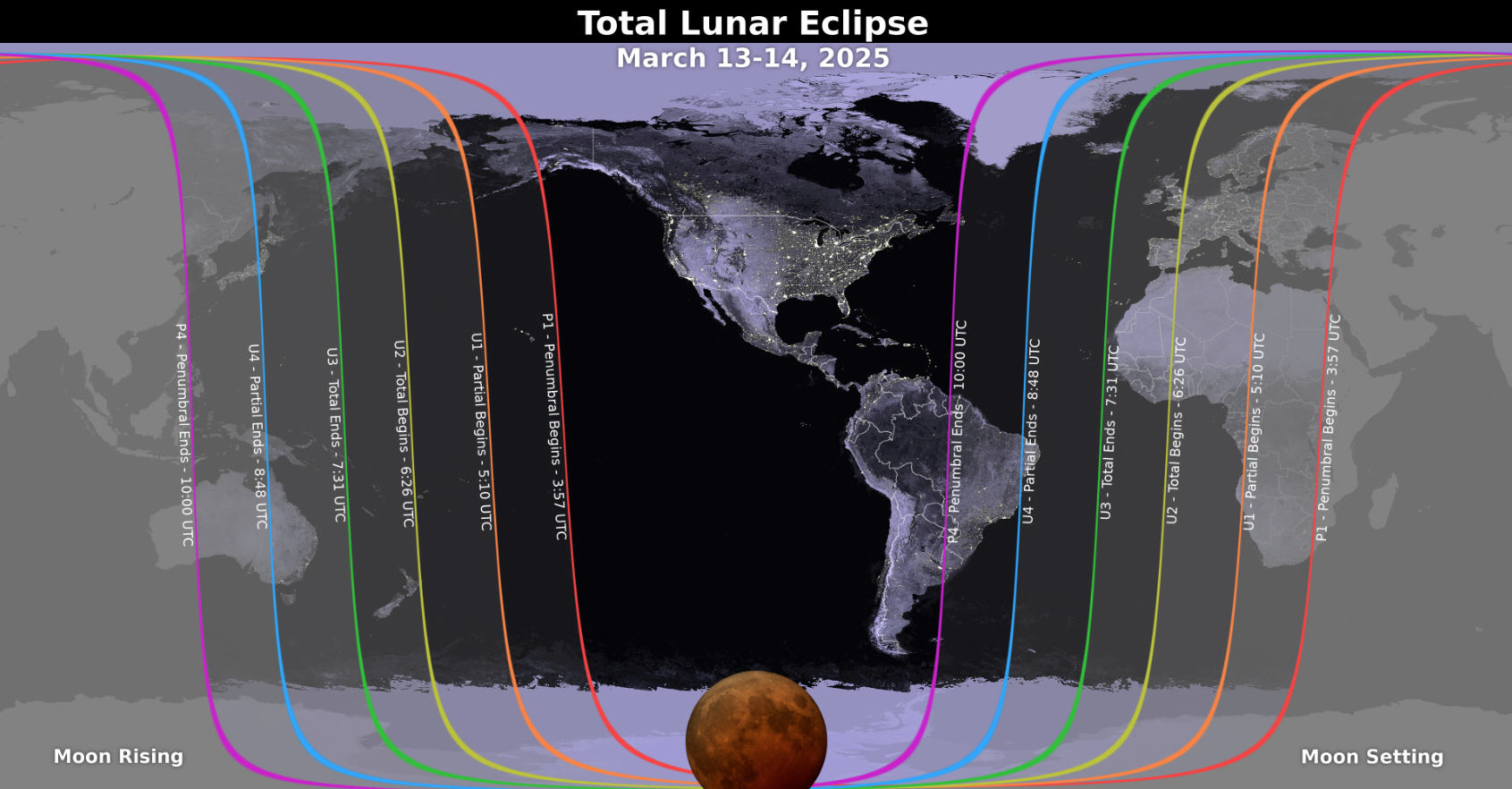
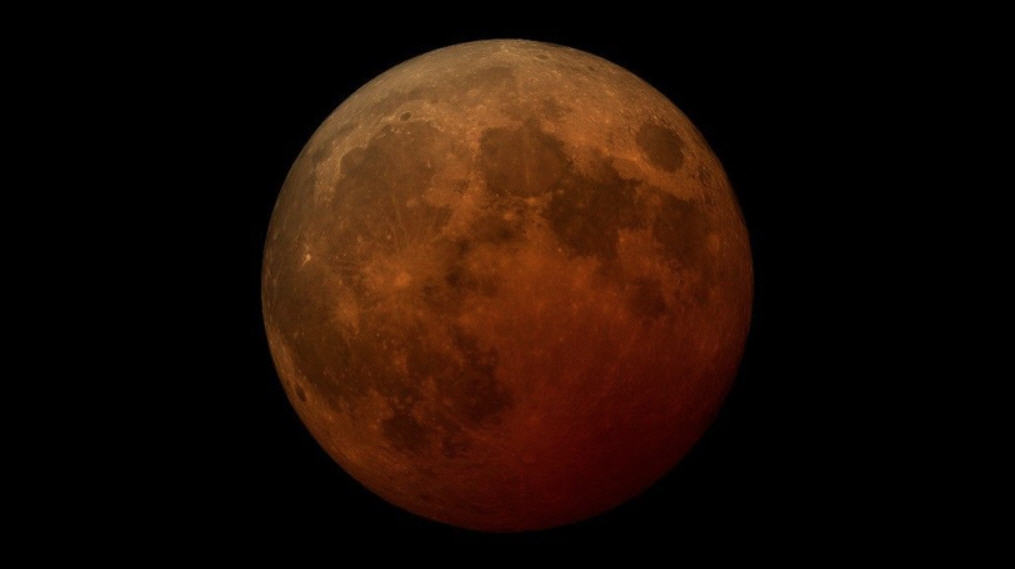


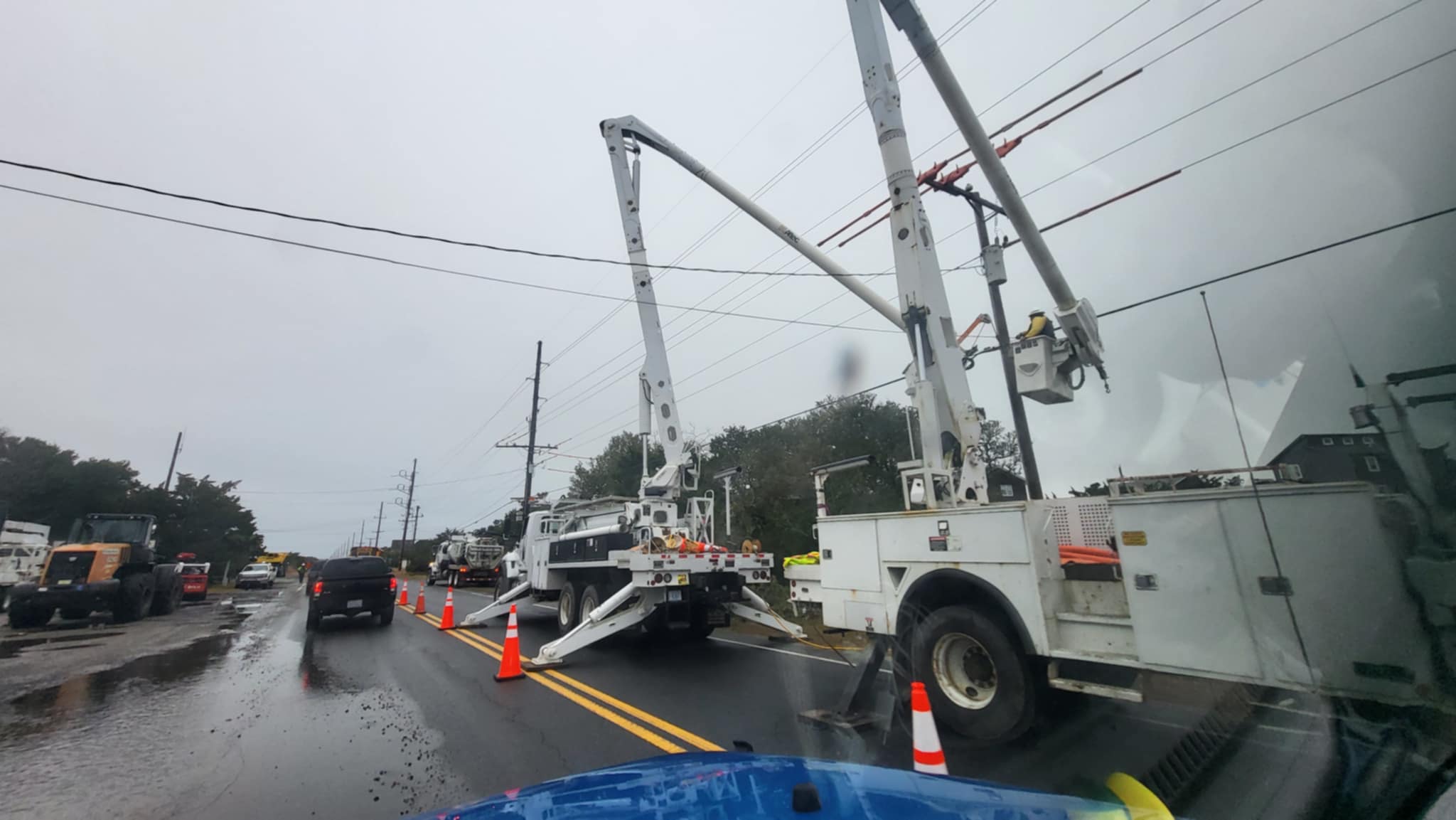
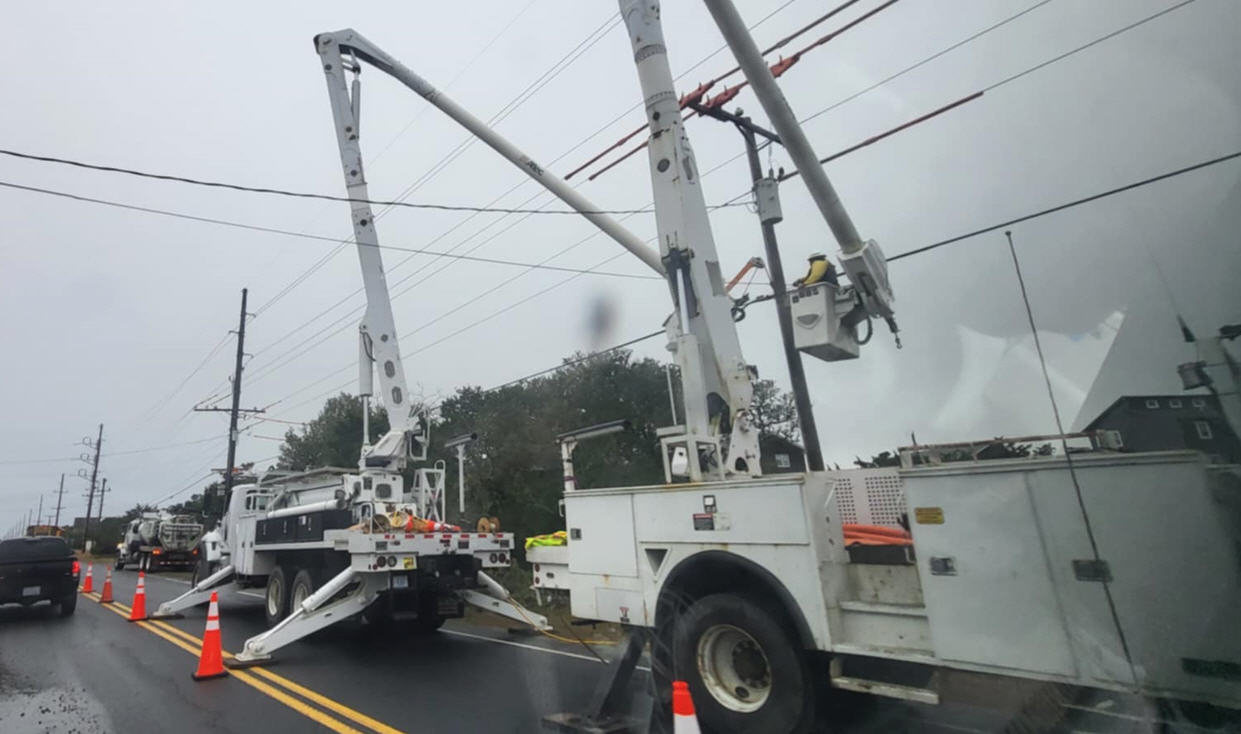
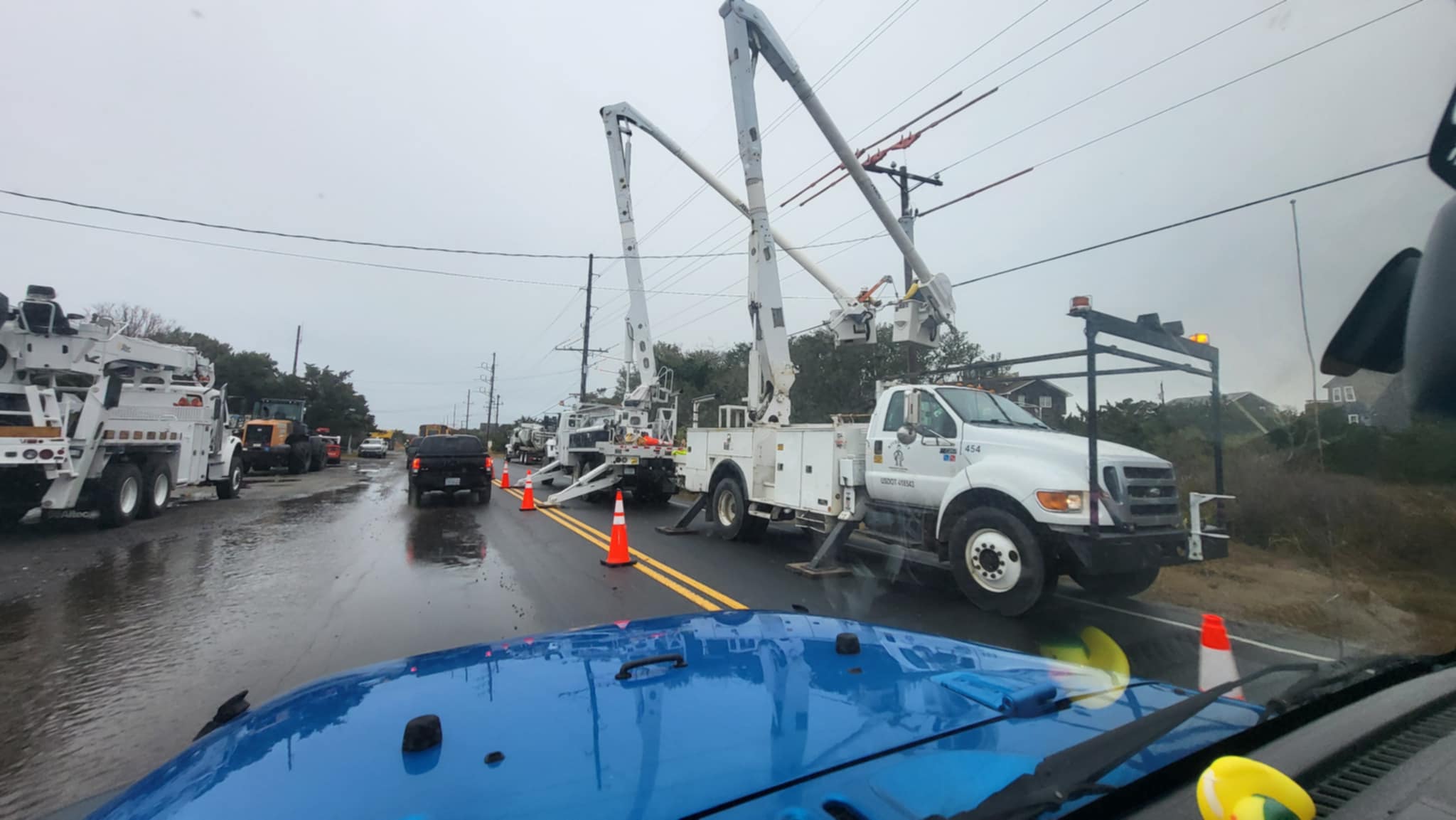
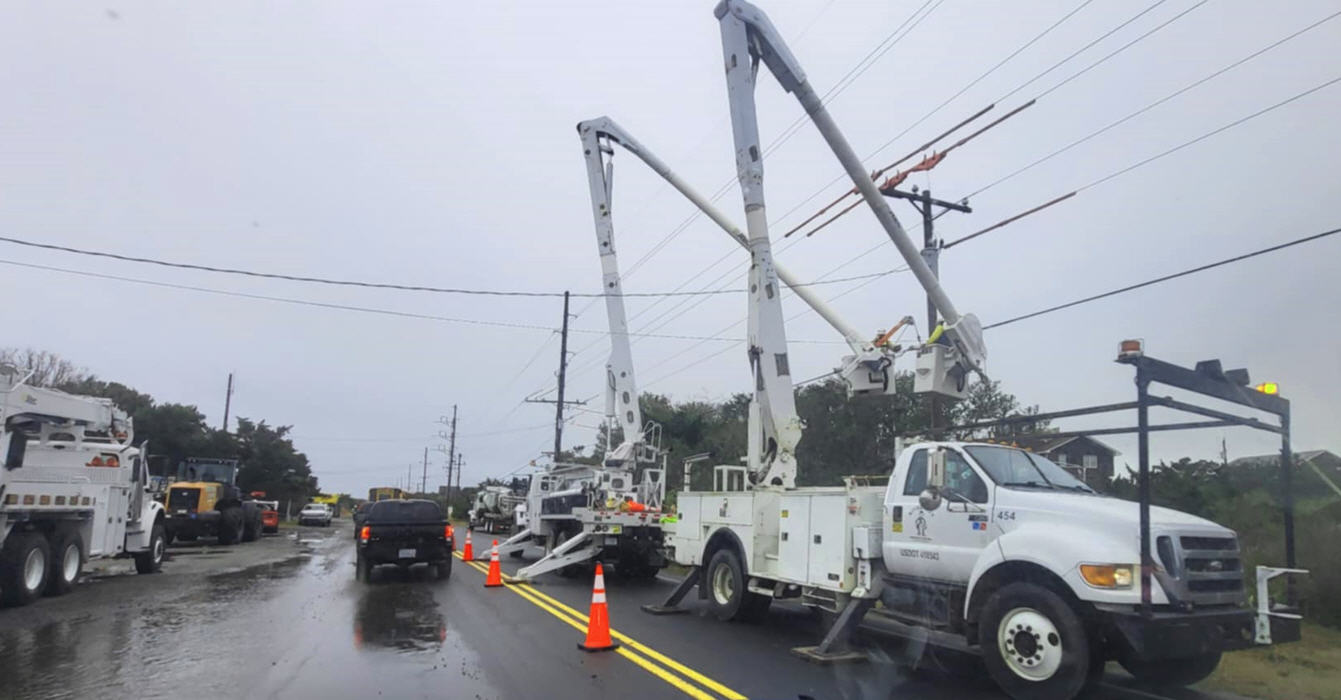
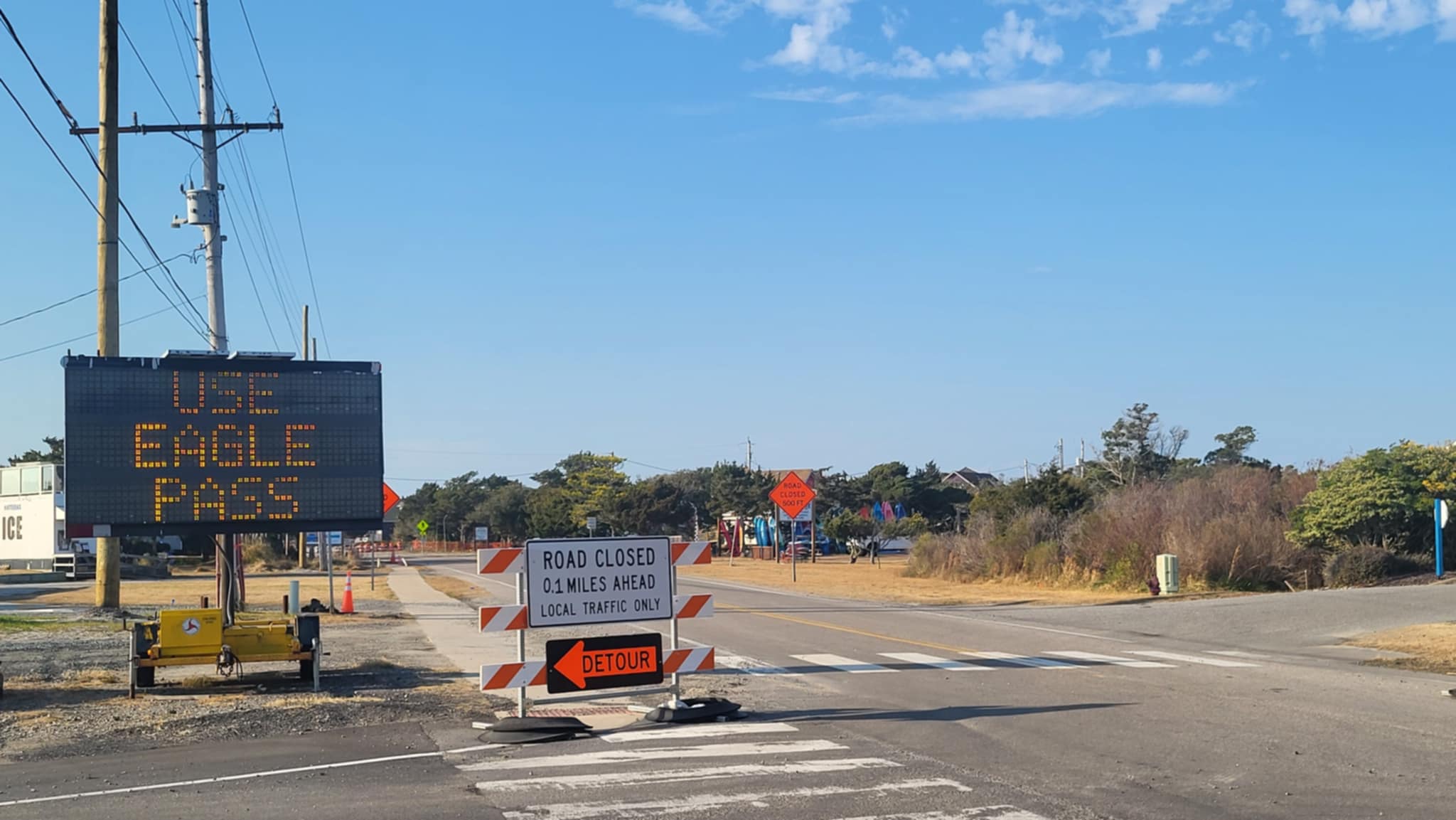
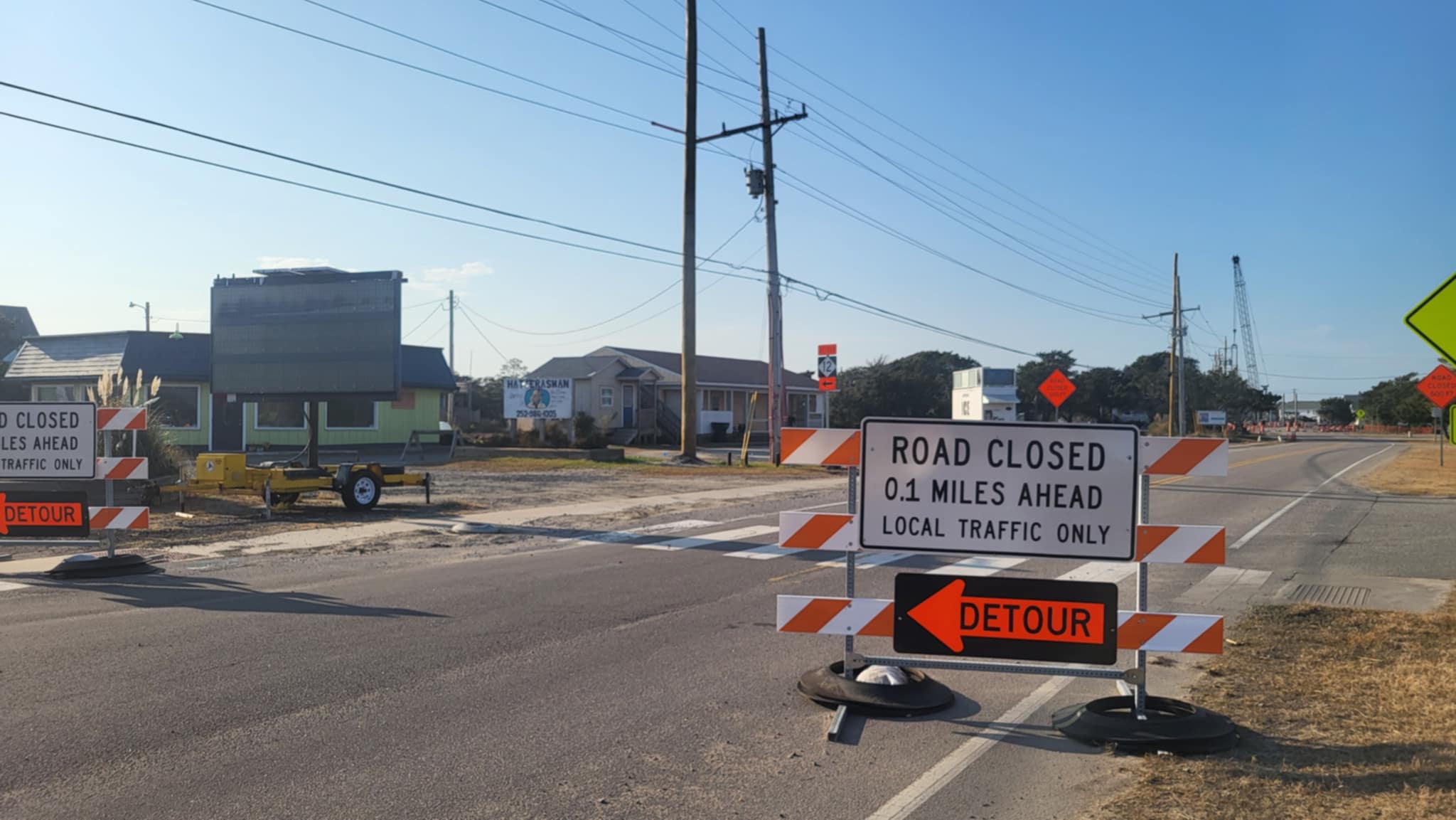
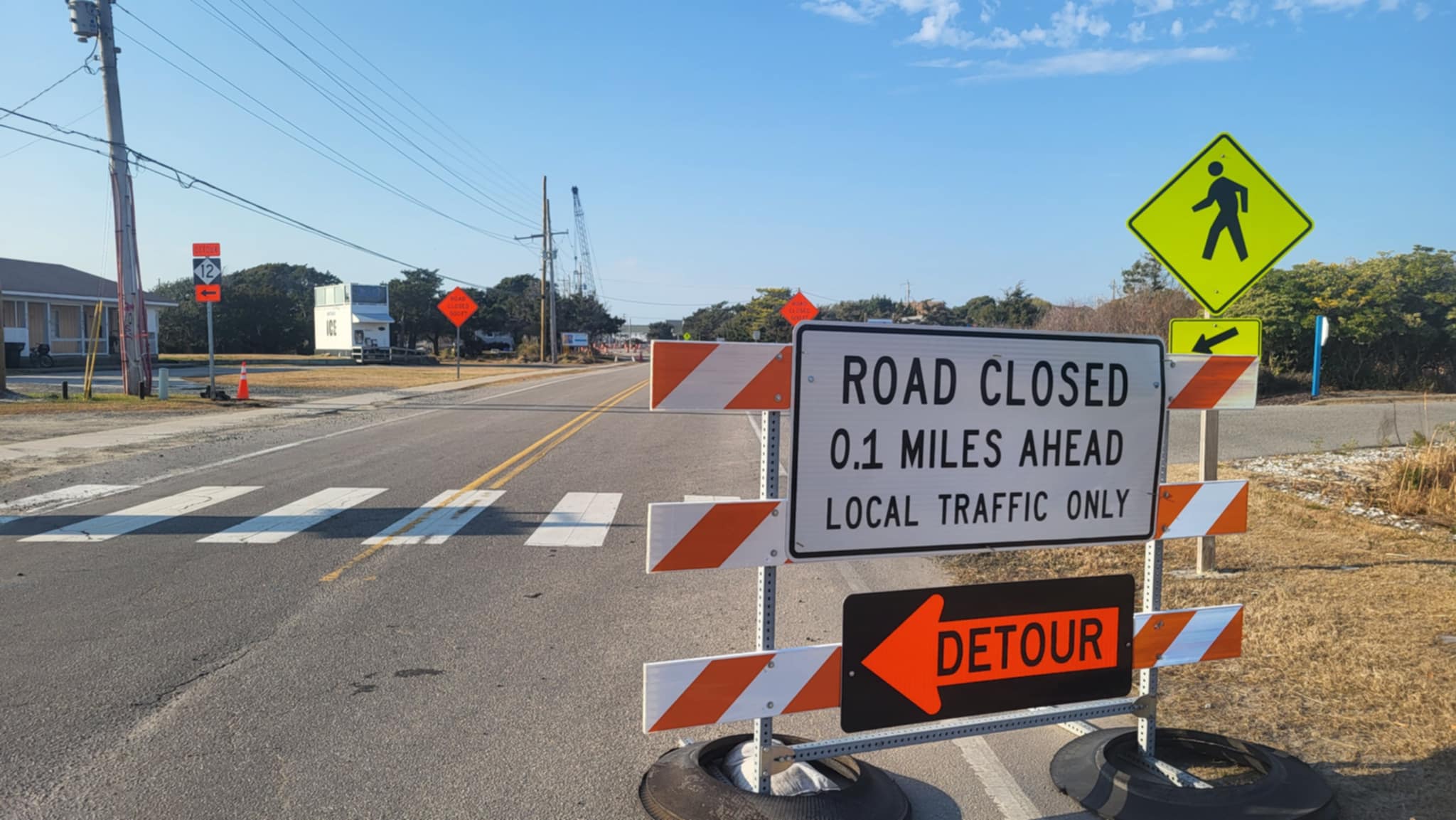

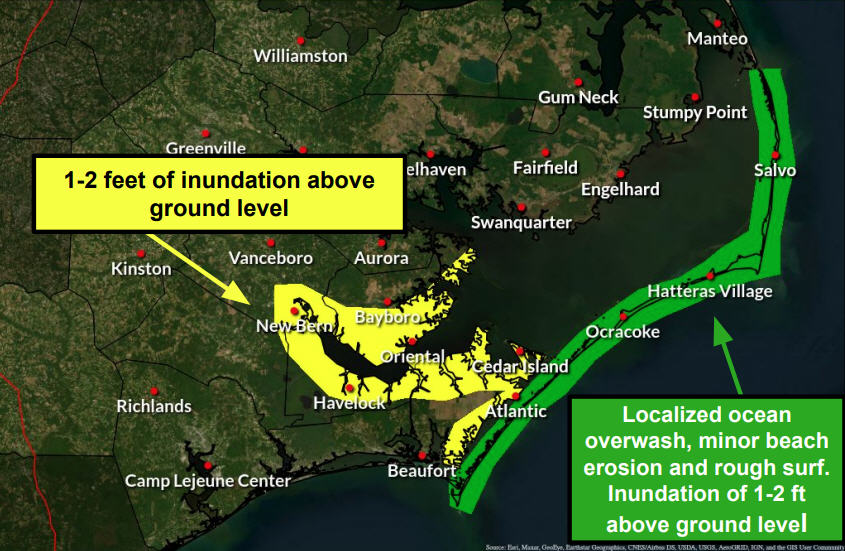
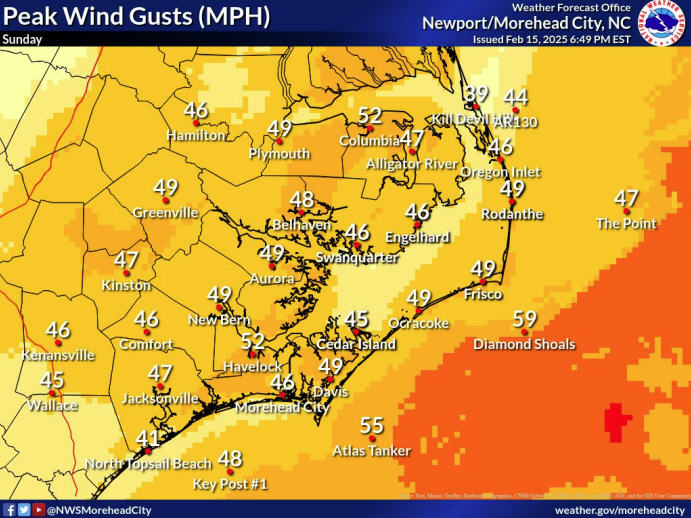


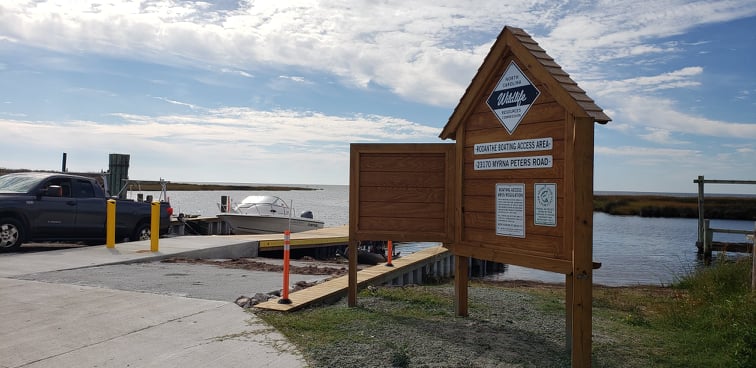



 $25 Contribution - Once
$25 Contribution - Once